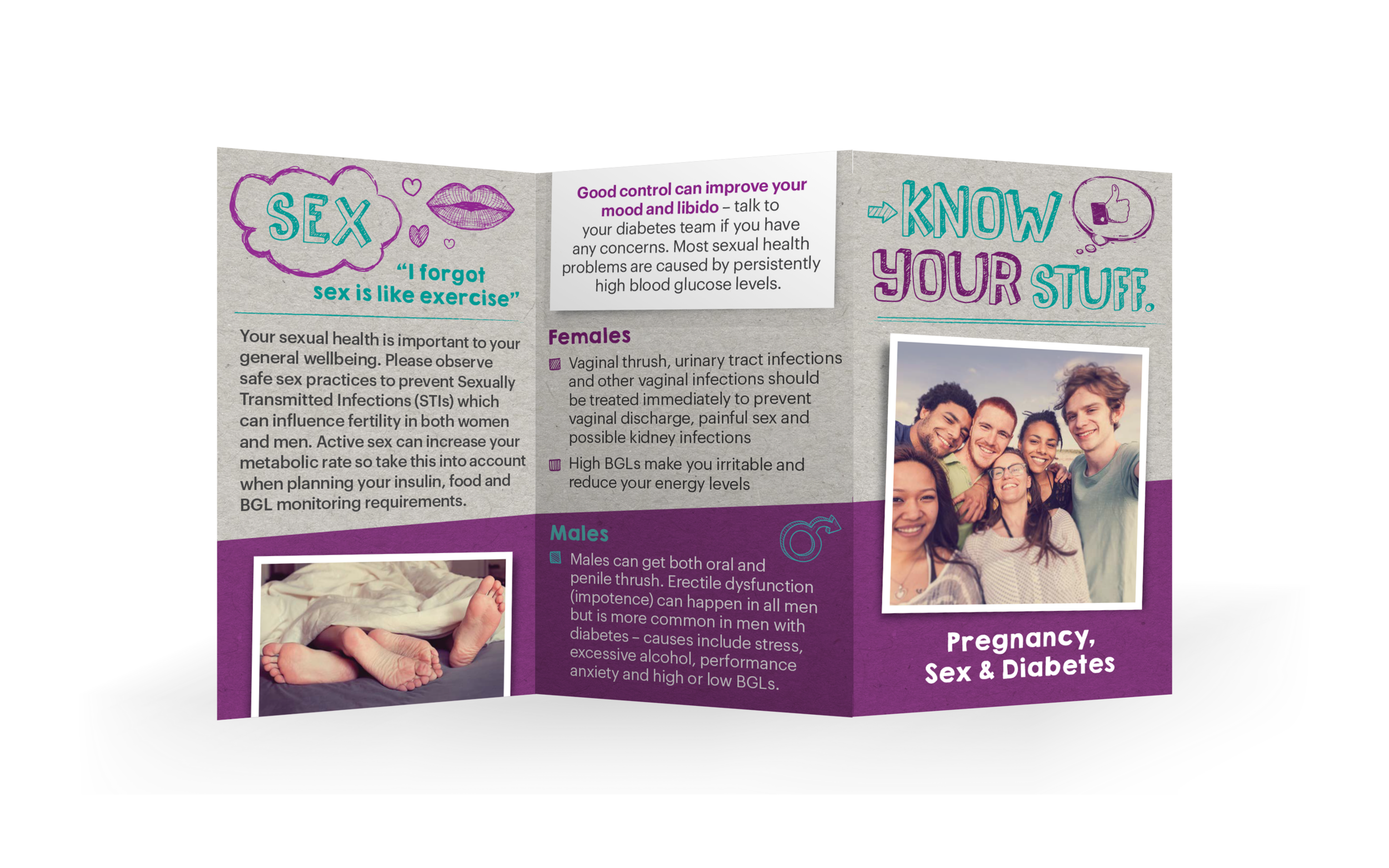Helping Westmead Children’s Hospital to educate teens with diabetes.
Being a teenager is tough. It’s a time of physical, mental, and emotional growth but especially difficult for those managing diabetes. Just as the changes happening in their bodies make maintaining blood glucose control more challenging, teens are often expected to take more responsibility for managing their diabetes. However, there are thousands of teenagers currently who are not managing their disease properly due to the influence of drugs, alcohol and partying.
Project Goals
Eli Lilly in conjunction with Westmead Children’s Hospital and Westmead Hospital asked Freckle to help develop two booklets that were specifically aimed at teenagers to highlight the risks they faced and how to actively avoid them. It would be given to them during their check up visit at the hospital. They needed to for a useful function for teenagers and act as a reminder of how their decisions can influence their health.
Our Approach
Before putting pen to paper, finding out how teens react to being talked to about their diabetes was important. Speaking with clinicians led us to create the ‘Know your Stuff’ campaign. Know your Stuff – Safe Partying, Driving and Diabetes and Know your Stuff – Pregnancy, Sex and Diabetes were designed in collaboration with the clinicians who deal with kids on a daily basis. They presented handy information and tips to teens in a format which was discrete and quick to read, even if they are out with friends.
We helped Westmead refine the copy and content so that it would engage teens and avoid coming across as boring or condescending. Recommending a pocket-sized printed piece and managing the production process through to delivery also took the pressure off the team at Westmead, enabling them to focus on what they were best at rather than chasing printers and the minuture of the job.
The Result
Both booklets continue to be a useful tool for clinicians, remaining a core piece of information handed to teenagers to help them maintain a healthy lifestyle and take more responsibility for managing their diabetes.


